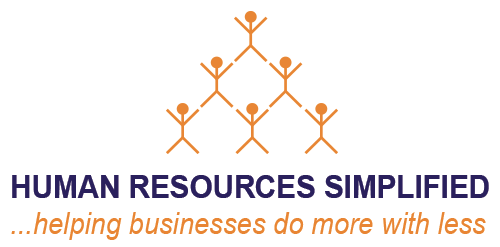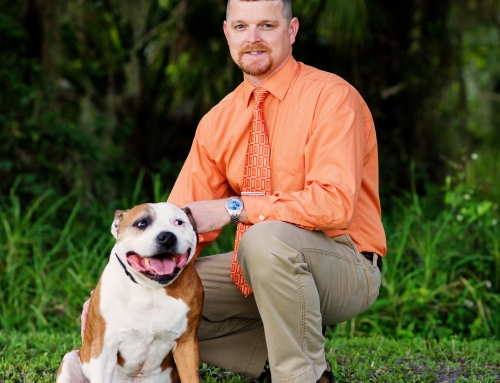 You know there is that big thing coming up in your life. It may be a big interview, an important meeting with your boss or a critical move in your personal life. Whatever the issue is, it is constantly at the back of your mind. You promise yourself you will get around to it soon. Right now, there is so much to do that is right in your line of sight. So what do you do… Ignore, Worry or Act?
You know there is that big thing coming up in your life. It may be a big interview, an important meeting with your boss or a critical move in your personal life. Whatever the issue is, it is constantly at the back of your mind. You promise yourself you will get around to it soon. Right now, there is so much to do that is right in your line of sight. So what do you do… Ignore, Worry or Act?
You try ignoring this big thing. You know that circumstances can change and maybe you won’t have to face the issue at all. It is easy to distract yourself by doing what others think you should do or by doing things that you find enjoyable to alleviate your stress instead of addressing whatever the big issue is at this stage of your life.
Or you worry. You try to hide the stress from others but inside you are frantic about how things will turn out. In fact, you find yourself spending a lot of time worrying about the big issue and let the other things drop that keep your life stable. You find yourself having to apologize to others more often and now have even more things to worry about.
Sometimes you go ahead and act on the big issue. Maybe not always thoughtfully, but at least you can say you are doing something about it. The action may not be right, which is okay. It depends on whether you take the time to assess whether the action moves you closer to getting the results or coming up with a new action that will work better.
There is a lot to pay attention to these days. And you do have to ignore some things to focus on getting other things done. Sometimes worry is well placed in the senses that it lets us know we should be paying attention to something. And sometimes acting is the right step to move things forward and see how it impacts our energy level as well as giving us more of a clue as to how big the issue really is.
Here are three ideas you can use to help decide which is your best course on the big issue:
1. Ignoring some things can be an effective strategy when you are getting a lot of feedback from others that don’t have as much information about the subject as you do. However, if you find yourself saying, “I should have known better” a lot, look for a theme in what you should have known. Are they important issues in your work or life that you tend to brush away but cause problems later? Or are they little things that are just aggravating and really are about holding yourself to a standard of perfection? Identify the themes and then decide what you want and need to do about them.
2.Worry is a signal of some sort. Worry is like standing in the middle of a bridge. You can go back to where you came from and ignore it or you can move forward and take some action that helps you attain the results you desire. It is most important to decide which way you want to go.
3.The right actions are often about timing. Often you may have many different ideas on how to address your big issue. If you pursue all of the ideas you are almost guaranteed to not get the results you want. By doing what I call a soft plan, you can tweak it as you get new ideas or get new information about the big issue you are facing. If you have a plan, you can always change it. If you have no plan, you are just drifting along and not doing your part. Your plan may be not to take action at this time and knowing what the consequences are of not taking action. It is still a plan. Plans are about thinking through what you can do to help get the results needed.
Ignore, worry, or act. All can be viable options based on the situation and the timing. The key is to use all three in a way that helps you get the best possible outcome from your work or life.
What will you do this week: ignore, worry or act?
Terri Groening founded Kaleidoscope Solutions in 2008. She works with individuals to clarify and achieve their career goals at each stage of the career lifespan. Terri draws on her extensive background in human resources, coaching and assessments. She specializes in the MBTI (Steps I, II, III), Strong Interest Inventory and EQi2.0, using them to help individuals gain insight into their strengths to bring to their career roles. She can be contacted at: (941) 504-8768 or visit her site: http://designinghrcareersuccess.coachesconsole.com/

Jean (JJ in HR) is a certified senior-level human resources executive/consultant, adjunct professor, management trainer, professional speaker, resume writer, career coach, LinkedIn profile builder, and published author.









